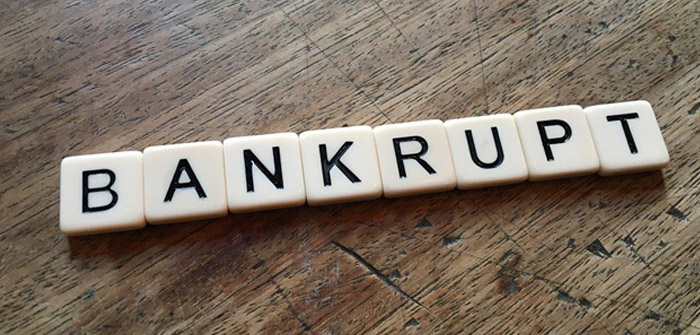Bankruptcy is a word that strikes fear into the hearts of people. Our economic system alleges that if you work hard you will be economically stable. Unfortunately, that is not always true and people go bankrupt every day. Any bankruptcy lawyer will tell you that if you want
your bankruptcy to be successfully discharged, there are certain documents that you will need to collect.
Pay Stubs
If you are employed and you are not making enough money to pay your bills, you will need to have pay stubs proving what you make. You should have at least seven months of stubs. If you did not save the stubs, you will need some other form of documentation showing how much money you make. If you have direct deposit, your bank statement may suffice.
State and Federal Tax Returns
You should bring your state and federal tax return papers for the last two years. Your attorney needs to see the amount of any tax returns that you have had. They also need to see any money that you have paid in taxes. Money that you owe in taxes to the federal government is generally not covered by a Chapter 7 or Chapter 13 Bankruptcy. If you deduct your state an local property taxes from your federal income tax, you will also want to bring evidence of those deductions.
If your wages are being garnished by the government, you will also want to show evidence of that. Your pay stubs may show evidence of the garnishment and the IRS may also have sent you a letter.
Your Credit Report
You will want to bring a copy of your credit report to the first consultation with your attorney. Credit reports are not updated as often as they should be, so you may notice that some bills you have paid are still listed. You may also notice that some bills you owe may not be listed yet. You will want to bring your attorney up to date on any bills that you do not see listed on your report.
Documentation of Loans
If you have any home or automobile loans, you will want to bring a copy of those statements along with you. The most recent copies of those loans should suffice. If you own any property outright, you will want to bring a copy of the deed.
List of Debts
Although it may seem redundant, you will want to make a list of all the bills you owe and present it to your attorney. This way they will be sure not to miss anything and they will be ready to present your case in a bankruptcy hearing.
A Credit Counseling Certificate
Before you actually file for bankruptcy, you should take a credit counseling course. The course will teach you how to manage your bills in the future and you will be presented with a certificate at the end of the class. They will also discuss the possibility of not filing for bankruptcy and paying your bills. The course generally takes about 1.5 hours and can be done on the internet.
No one wants to go bankrupt, but if you do, you will want to document your case well and enlist the help of an experienced bankruptcy firm like Torres Legal.
Authoritative Sources:
https://www.consumercredit.com/credit-counseling-certificate#:~:text=A%20credit%20counseling%20certificate%20is,before%20your%20debts%20are%20discharged





